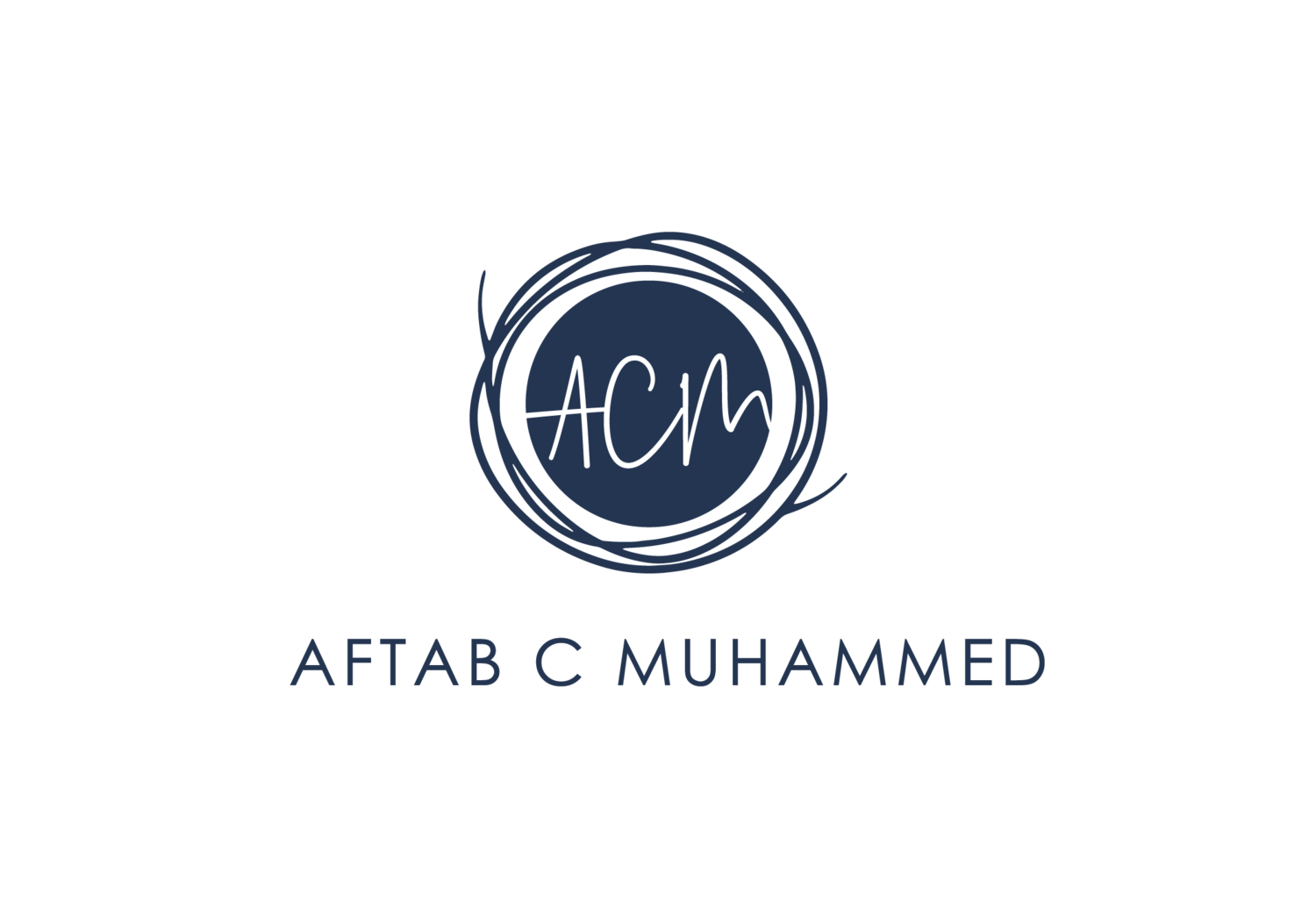Steal Like an Artist
By Austin Kleon
This is book number No.1 of a three-book series and a very simple start to be creative in a world where whatever could be said has already been said.
As Austin rightly put - nobody was paying attention, so they have to be retold.
When retold in your own words, it becomes a new work of art. You keep repeatedly doing them, and you make your own mark eventually. Read on for chapter-wise notes from the book. You will see that some of the lessons from this book inspired me to start this blog.
1. Steal like an artist
All creative work is built on inspiration. Nothing is really original. So, have an idea collecting system. Read books and write notes.
Build your own creative lineage. Think of your heroes; read about their heroes. Find an idol you want to imitate. Learn about them and their heroes.
If it's on google, it shouldn't be asked elsewhere. Google everything. You will either find the answer, or you will find a better question.
2. Don't wait until you know who you are to get started!
Show up every day and just start doing your thing. Don't wait to figure it all out and then start.
Fake it till you make it. Start doing the work you want to be doing. Eventually, you will end up having the job you want to be doing. But start now.
Kobe Bryant tried to copy the moves from his heroes by watching their tapes. He could never quite get it right since he didn't have their exact body features; he ended up creating his own moves. Rest is history. Observe and emulate your heroes. You will end up creating your own style.
3. Write the book you want to read
Think of what you would read, and start writing. Imagine as if you are writing for yourself. For a beginner, I personally felt this to be a great perspective.
4. Use your hands
Step away from the screen, at least in the early stages of ideation and creative process. Use conventional tools as a catalyst for your nerves to be simulated. Physical analog tools like paper, pencil, and pens could help you be more creative.
5. Side projects and hobbies are important
Have many side projects that help you through boredom. Make time for yourself. You come up with great ideas in your shower. When you don't have a phone to keep you busy, you think of ideas to be creative for your professional and personal life. Work and Hobbies. Go for a run, and leave the headphones at home. Turn that radio off on your commute. Start Thinking.
6. SECRET: Do good work and share with people
How do you put yourself out there? Start sharing. Start a blog. Start with Twitter - microblog. Share snippets, share an article that you came across. Talk about your process. Talk about how you are a beginner. Like I am now.
7. Geography is no longer our master
Travel if you can. If not, just go on the internet and connect with people. Talk to them about your work. Also, have some variety at your work desk. Your brain can get too comfortable with your everyday setup. Mix your setup with books, plants, or tools to write and create.
8. Be Nice. (The world is a small town)
Time and attention is the most valuable commodity on the internet. If you want to vanquish your enemy, ignore him. If you want to make friends, pay a compliment. Write a fan letter. Post a courtesy note. Dedicate a blog appreciating their work. Surround yourself with your heroes. Ignore the rest.
9. Be Boring. (It's the only way to get work done)
Work gets done in the time available - Parkinson's Law. So have a routine that sounds boring but what it means is you are productive. Make conscious schedules, make time for your work, and get to work.
Keep a log
10. Creativity is Subtraction
This may sound counter-intuitive, but if your approach to creativity is boundless, you cannot progress. Have boundaries; it is not endless. Being endless is a burden. Start with the colors you have, words you know, and ideas you have already thought of. Choose what you have to leave out. Creativity is subtraction.
